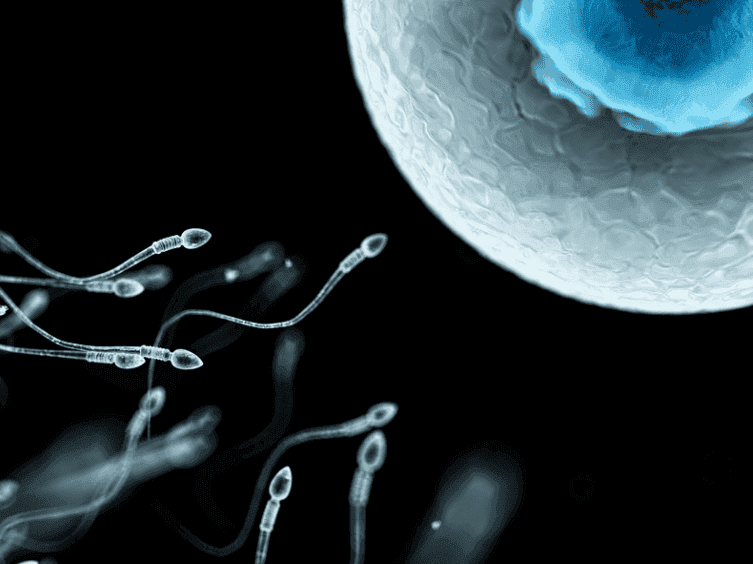Infertilidad masculina: Un factor importante
Los factores relacionados con el sexo masculino contribuyen aproximadamente al 50% de los casos de infertilidad. A pesar de ello, las investigaciones suelen centrarse principalmente en la salud reproductiva femenina. Comprender el microbioma del semen es fundamental para entender la fertilidad masculina.
¿Qué es la disbiosis del microbioma del semen?
El microbioma del semen está formado por microorganismos que residen en el líquido seminal. Un equilibrio saludable, a menudo dominado por especies de Lactobacillus, mejora la motilidad y morfología del esperma. Sin embargo, un microbioma desequilibrado se caracteriza por una mayor diversidad bacteriana y la presencia de patógenos, que pueden afectar negativamente a la salud reproductiva.
¿Cómo afecta la disbiosis a la fertilidad masculina?
Aunque la investigación está en curso, los estudios existentes indican varias tendencias:
Inflamación
El desequilibrio microbiano puede desencadenar inflamación, lo que conduce a:
- Reducción de la producción de esperma
- Disminución de la motilidad espermática
- Anomalías estructurales en los espermatozoides
- Daño y fragmentación del ADN
- Formación de anticuerpos antiespermatozoides
La inflamación suele ser asintomática, lo que dificulta su detección sin pruebas.
Aumento del riesgo de infección
Un microbioma del semen desequilibrado es más susceptible a las infecciones, lo que puede afectar a la fertilidad:
- Reduce la movilidad de los espermatozoides (por aglutinación)
- Produce factores que inmovilizan los espermatozoides
- Aumenta la muerte celular de los espermatozoides
- Altera los procesos de fecundación
- Provoca la obstrucción del conducto eyaculador
Impacto sobre el microbioma de la pareja y la fertilidad
Los desequilibrios microbianos en el semen pueden contribuir a las reinfecciones entre parejas sexuales, lo que influye en su salud reproductiva. En las parejas heterosexuales, esto puede provocar desequilibrios en el microbioma vaginal, lo que puede afectar aún más a la fertilidad. Además, la disbiosis del microbioma del semen puede reducir las tasas de éxito de las tecnologías de reproducción asistida, como la FIV.
Reconocer los síntomas
Los desequilibrios del microbioma del semen suelen ser asintomáticos, por lo que son difíciles de detectar sin pruebas. Muchas personas no son conscientes de las inflamaciones o infecciones subyacentes que pueden estar afectando a la fertilidad.
Cómo abordar la disbiosis del microbioma del semen
- El primer paso consiste en conocer la composición del microbioma del semen. Como a menudo no hay síntomas, las pruebas aclaran el equilibrio microbiano.
- Consulta con un experto** - La orientación de un profesional experto puede ayudar a interpretar los resultados y proporcionar información práctica.
- Plan personalizado** - Las estrategias personalizadas, incluidos los ajustes del estilo de vida y las intervenciones específicas, pueden favorecer el equilibrio del microbioma y mejorar los resultados de la fertilidad.
Las investigaciones en curso siguen arrojando luz sobre la relación entre el microbioma del semen y la fertilidad, destacando la importancia de mantener un entorno microbiano sano para la salud reproductiva.




















